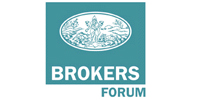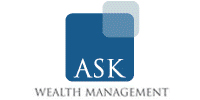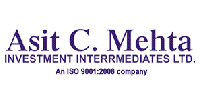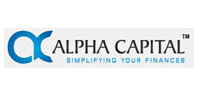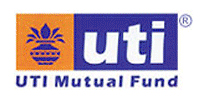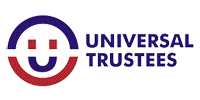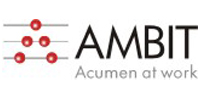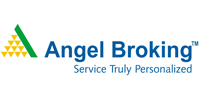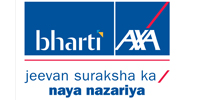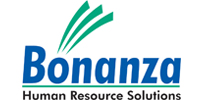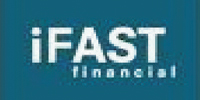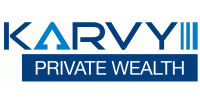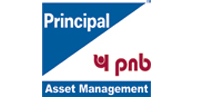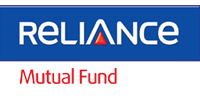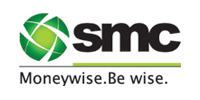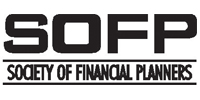The objective of the Chartered Economist® Program is to equip candidates with both basic and advanced skills required by a Chartered Economist® in performing his tasks and duties as a Chartered Economist, Research Analyst and Professional Management Consultant, etc.
The Chartered Economist Curriculum is constantly updated by specialists and expert professionals to guarantee what you learn stays relevant in the current business, industry, and market.
The Chartered Economist® Program concentrates on improving the three qualities of an individual: Knowledge; Skills and Application.
-
Knowledge :Students get the most recent updates and learn about new prospects in Economic Analysis Globally. They value the market flow impacting Economic Analysis and learn about the most recent advancements in methods of Economic Analysis and Research. Additionally, they gain an understanding of globally accepted standards and procedures in this field.
-
Skills : Students develop skills & aptitudes in analyzing economy-related matters and doing research reports for customers, the capacity to present research reports as well as economic strategies & policies in a client-friendly language. Create or potentially increase their ability to think strategically by utilizing an organized approach.
-
Application : The program through its rigors and practical introduction prepares the students to apply the ideas and abilities developed in the program in real workplace. The result of this applied training is a total “Chartered Economist” who is prepared for the rigors of the Economic and Financial Services Industry.
The program outfits the candidates with abilities and information required to analyze complex economic matters & issues and circumstances to control advanced customers through their economic strategy and decisions.
The Chartered Economist® Program helps in:
- Gaining an understanding of the disciplines that add to the area of Economic Analysis and Research including the study of Enterprise Budget Reports, Risk Analysis Reports, Annual Reports, Economic Reports of Government, etc.
- Relating these applied systems to measurements of practical areas on the ground.
- Furnishing applicants an opportunity to experience and fundamentally draw on cases of challenging issues and endeavored interventions by a Chartered Economist.
- Investigate & explore the moral and individual dimensions of Economic Analysis and understand the moral responsibilities of a Chartered Economist.
The Curriculum of Chartered Economist®
The curriculum of Chartered Economist consists of only one level with 6 modules.
The candidate have to go through the above 6 Modules through either Class Room Mode or Distance Learning Mode and clear the requisite exam to complete the academic requirements of the Board of Standards. The completion of the academic criterion ensures that the candidate has the requisite knowledge and skills to work as a Chartered Economist.
Furnishing applicants with chances to experience and fundamentally draw in with cases of both challenging issues and endeavored interventions by a Chartered Economist.
Investigate & explore the moral and individual dimensions of Economic Analysis and understand the moral responsibilities of a Chartered Economist.
| Modules |
|---|
| 1 – Applied Microeconomics |
| 2 – Advanced Macroeconomics |
| 3 – Quantitative Techniques for Economics |
| 4 – Statistical Techniques for Economics |
| 5 – Industrial & International Economics |
| 6 – Applied Economics |
Modules
For understanding few concepts of the Chartered Economist course, candidate needs to study from the books provided by AAFM:
Modules
Econometrics
Topics and Books Name
Mathematical Economics – An Introduction to Mathematical Treatment of Economics – by –G. C. Archibald and Richard G. Lipsey
Econometrics – Introductory Econometrics: A Modern Approach by –Jeffrey M. Wooldridge
Modules
International Economics
Topics and Books Name
International Economics by –Robert J. Carbaugh

 Request More Information
Request More Information

